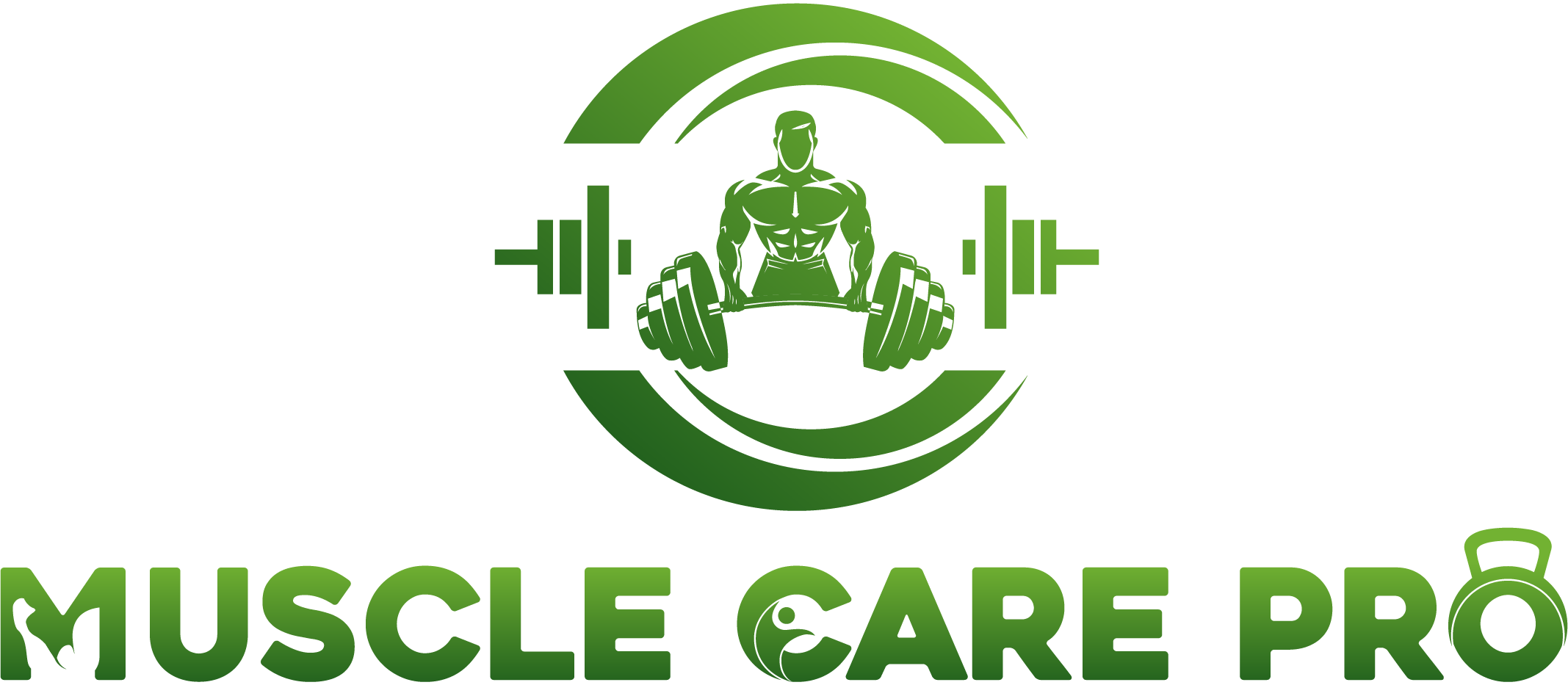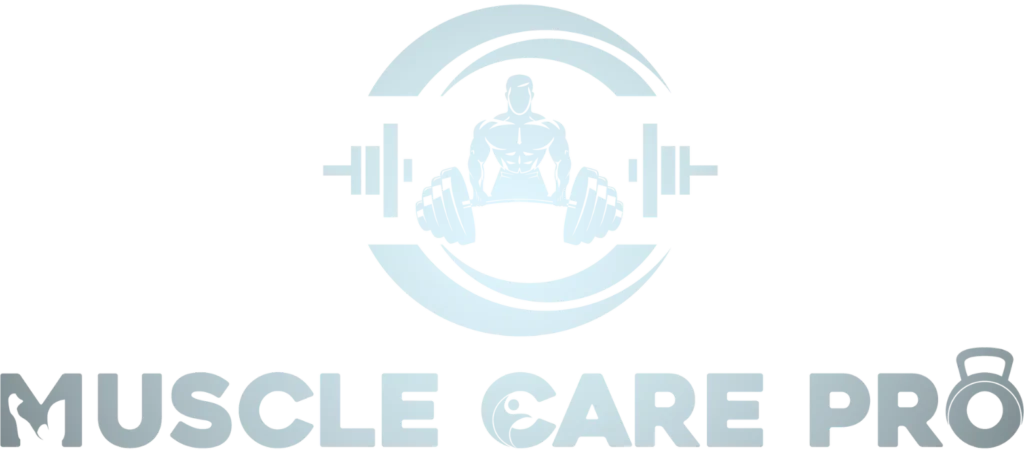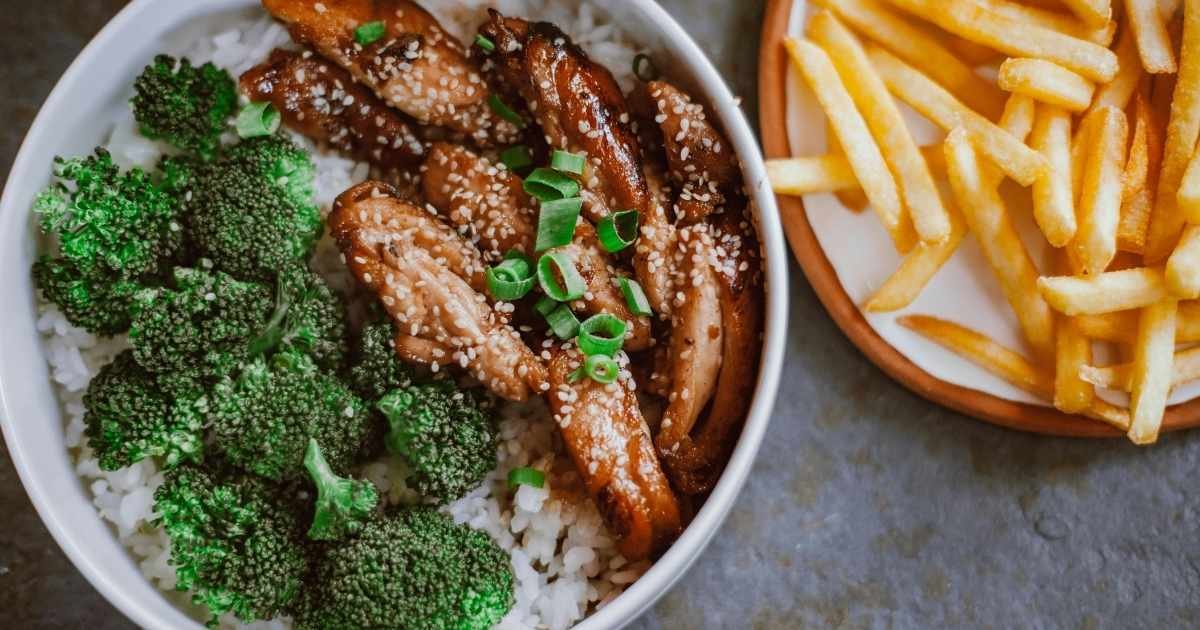how many calories should i eat to build muscle
A real diet plan that is designed for bulking is what you need if you want to gain lean muscle mass as quickly as possible. Feeding your body the right foods and calories to build muscle at the right times is important for safe muscle gain that lasts. Here are some of the best ways to do that.
How much food you should eat?
Know that you need to give your body more calories than it needs. This is because the body needs extra food to build new lean muscle mass. Most normal male athletes can keep their weight steady at about 18 calories per pound of body weight. If you want to make significant gains, you’ll need to eat more calories each day.
First, when you eat the same number of calories as you burn, your body makeup stays the same. This means that the percentage of body fat compared to the percentage of lean muscle remains the same. To safely and effectively gain muscle, you need to eat at least 3500 extra calories per week, which is about 500 extra calories per day, based on how active you are.
If you want to gain weight or lose fat, you need to count calories, even if you don’t like it. This approach to muscle gain guarantees that you gain lean muscle and avoid gaining too much fat. Because of this, they build about a pound of muscle every week. It is important to know that if you follow a diet to gain strength, you will also gain fat. A goal weight gain of one to two pounds per week should be made up of 75% muscle and 25% fat.
What Is the 3,500 Calory Rule?
A lot of people have heard the saying “3,500 calories is equal to one pound of fat.” The 3,500 calories burned don’t always mean one pound of weight loss or gain. The rule of 3,500 calories only works for gaining or losing one pound of body fat. It doesn’t work for other parts of the body weight.
So, just because you lose one pound of body fat doesn’t mean you lose one pound of weight overall, because the number of calories you eat affects more than just your weight. If you cut back on carbs more than anything else, you may lose more than just one pound of fat. This is because cutting back on carbs makes you lose water along with fat.
Extra Calories
To gain a pound of muscle, you need to eat fewer calories than you burn regularly. A lot of people can only add a few pounds of muscle every month. You won’t need as many calories as you think if you are building muscle. It would help if you had a small, steady profit that you build up every two weeks based on how well things are going. You must take your time with getting stronger and fastering your metabolism; it takes a lot of time and effort.
How to Track Muscle Gain?
Keep in mind that just because the scale says you gained weight, that doesn’t mean you grew muscle. With your body-girth measurements, like your chest, arms, or hips, every four to six weeks is a good time to check your body fat percentage. The answer will help you figure out whether your weight gain is mostly made up of fat or lean muscle.
There are a lot of different fat tests, but the most important thing is to stick with the same test for the whole performance diet plan. Also, make sure that the same doctor does your body fat test every time. If you change the type of test and the tester, the results may not be correct.
Lastly, goals for building strength should be set during the off-season so that performance isn’t hurt. To give your body time to get used to your new weight and shape before you start participating, you should try to reach your goal weight about eight weeks before the season starts.
When you should eat for calories to build muscle
For how often you should eat, since you will be taking in a lot more calories, it is best to eat something every three or four hours. For example, if you only eat three times a day, it might be hard to get down to 4000 calories. If you split your food into six meals a day, you’ll get enough nutrients for your muscles and feel full after each one.
- Aim for six small meals a day and eat every three to four hours.
- Do not eat all of your calories in three big meals if you don’t want to feel tired.
- Every meal should have at least 20 grams of protein.
- You should eat simple carbs right before and after working out.
- About four hours after a hard workout, eat complicated carbs that have not been processed.
- Take a look at your liquid calories as well.
You will also need to think about how many liquid calories you are taking in. Some people have stomach issues when they try to eat whole foods that are high in calories. Instead, try making high-calorie shakes with extra protein.
A good way to do this is to add flaxseeds, nut butter, Greek yogurt, frozen or fresh fruit, and protein powder to milk. This will help you eat more calories overall. This is an easy and quick way to get more calories, based on what your body needs.
It can be good for you to drink a lot of other liquids during the day to stay hydrated, but always check how many calories are in each drink to make sure you don’t ruin your diet by eating too many calories.
Getting rid of all those extra calories to build muscle
Up to ten calories per pound of muscle will be burned every day. Up to three calories per pound of fat burned every day. That means that adding muscle instead of fat helps you burn seven more calories every day per pound. People with more muscle mass need more calories because of this.
People with a higher percentage of body fat will gain weight if they can’t keep a steady calorie deficit going. People with a higher percentage of body fat may even be able to eat more calories a day and still keep the same weight. This is called “maintenance calories.”
Putting on a few pounds of muscle doesn’t change how many calories you can eat. The amount of fat you burn at rest and how much muscle bulk you have both play a role. When you have muscle, your body responds better to insulin. This makes your hormones healthier, and the food you eat is more likely to be used as energy or saved in your muscles instead of being stored as fat.
Final Thought
Make sure you rest your muscles for at least 48 hours before working out the same ones again. This will give your body time to heal and start building muscle. How much rest and food you eat can have a big effect on your fitness and weightlifting goals.
Talk to a doctor or personal trainer before you start any new plan to find out what will work best for your body.











